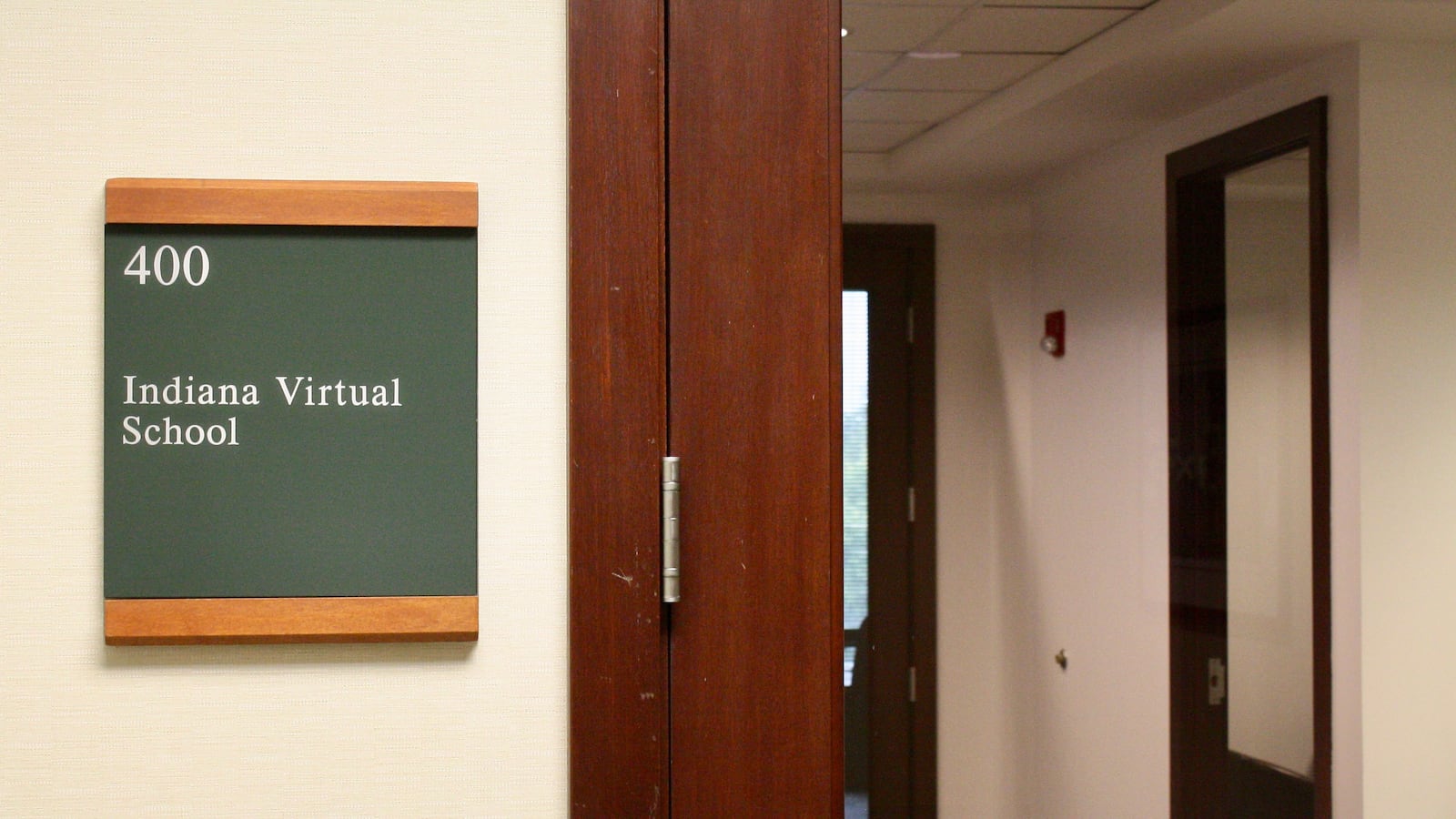The chronic low performance of Indiana’s virtual charter schools captured national attention Wednesday in a Congressional committee hearing on the value of charter schools.
U.S. Rep. Suzanne Bonamici, a Democrat from Oregon, criticized the failed promises of online charter schools across the country, citing their low graduation rates and lack of instructional supports — and she called out Indiana’s lowest-performing online school by name.
Indiana “had Indiana Virtual School that graduated a lower percentage of students than almost every other high school in the state,” Bonamici said.
She also referenced a Chalkbeat story about prominent Republican lawmakers calling for the state to intervene in the dismal performance of online schools.
Her criticism was in stark contrast to testimony minutes earlier from Indiana Rep. Jim Banks, a Republican who praised charter schools for creating more opportunities and lifting academic achievement. He touted Indiana’s charter school laws as a model for other states, though the national reports he referenced have also noted Indiana’s blind spots when it comes to online charter schools.
But Bonamici said advocates lauded charter schools while ignoring the problems of online charter schools. As Chalkbeat has reported, four of the state’s virtual charter schools received F ratings from the state in 2017.
“Shouldn’t there be stronger oversight to make sure these schools are actually serving students, rather than focusing on churning profits?” she asked.
A Chalkbeat investigation highlighted how Indiana Virtual School graduated few students, hired few teachers, and entered into contracts with the school founder’s for-profit company — while collecting tens of millions of dollars in state funding.
Nina Rees, president of the National Alliance for Public Charter Schools, said states should better regulate virtual charter schools because of their chronic academic problems, but she still defended online schools, which attract students who might not thrive in traditional brick-and-mortar schools.
“You don’t want to completely get rid of them, because for some students, these are the only choices available to them,” Rees said.

